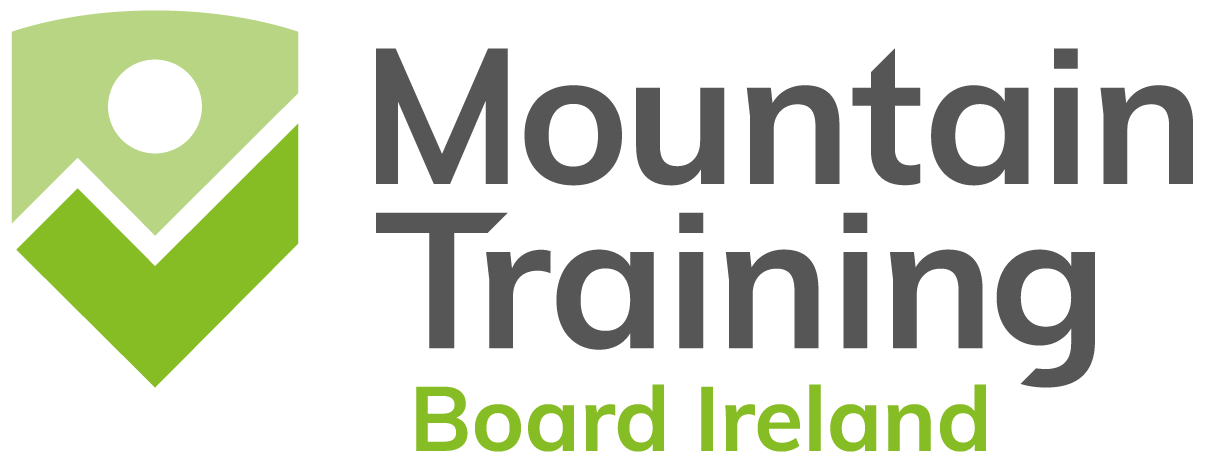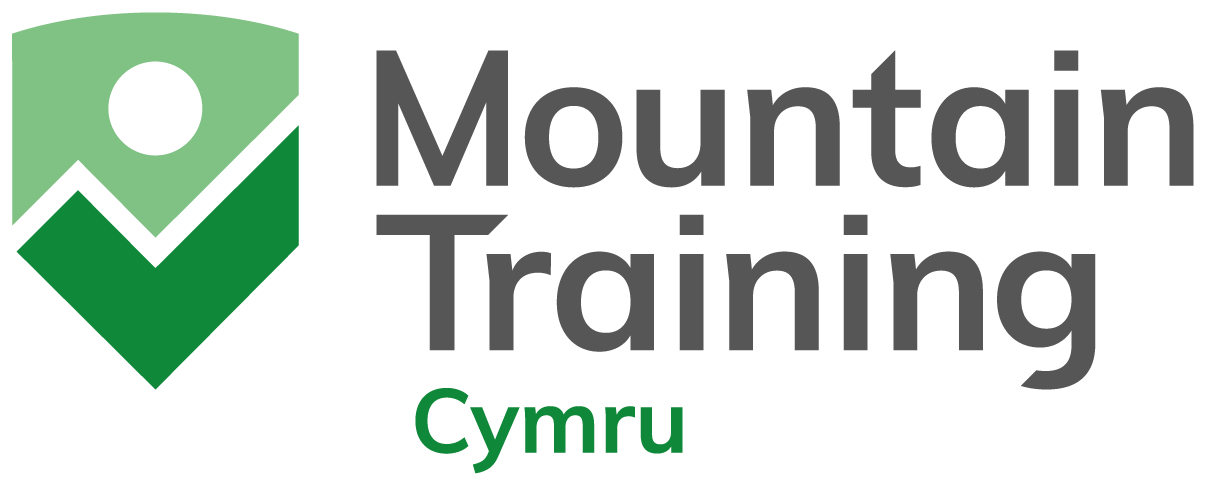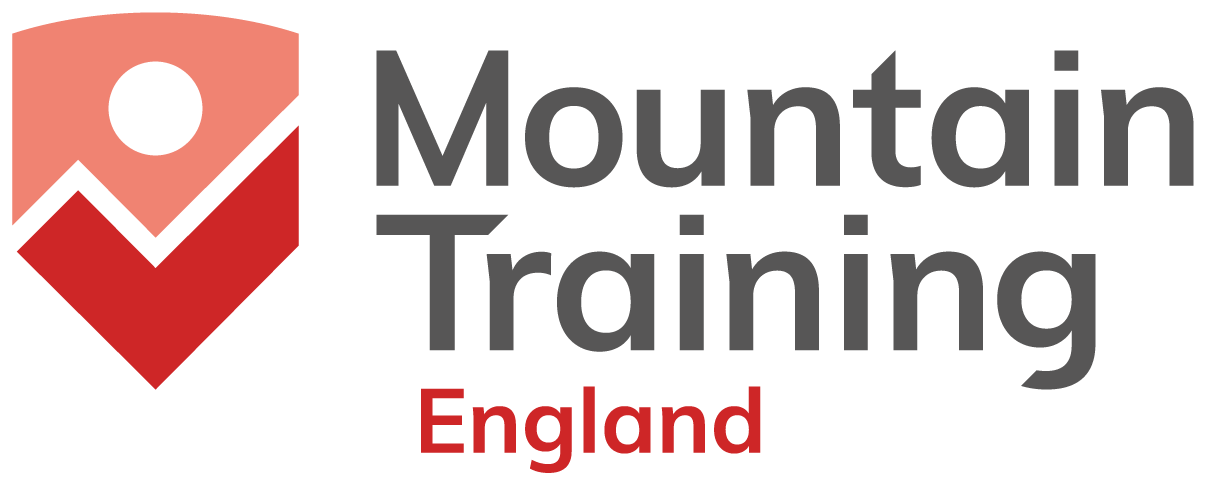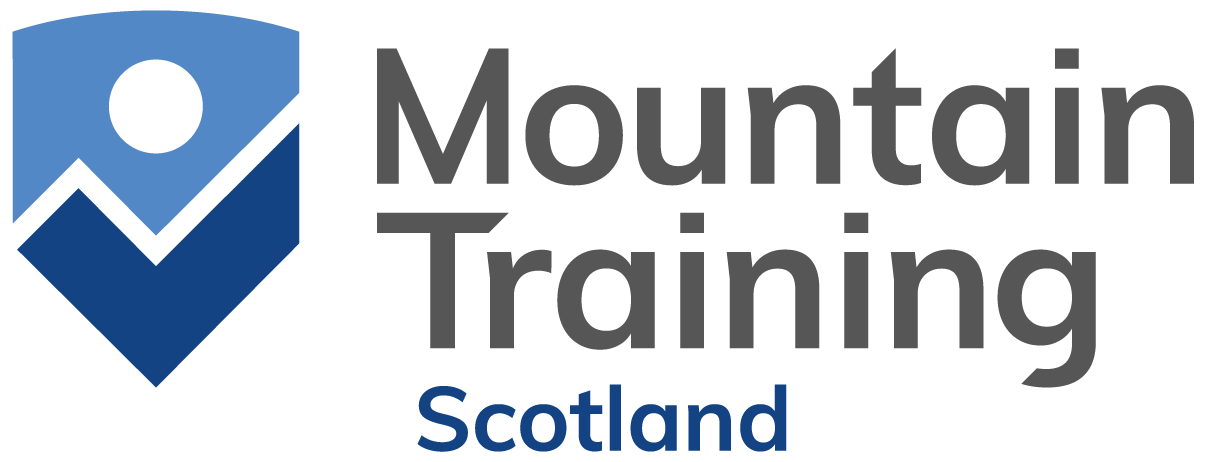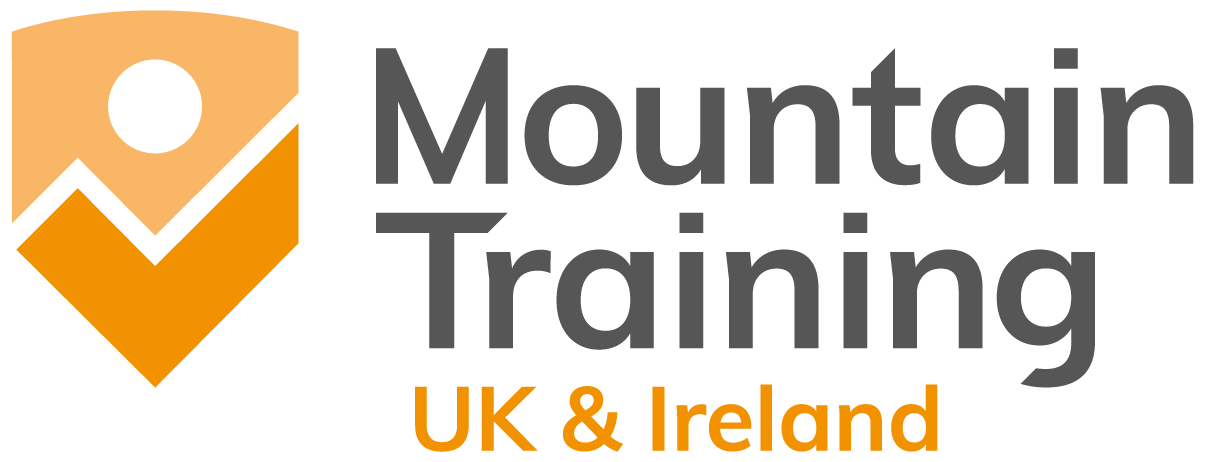Performance Coach 2024 - The story so far...
05.12.24Since September, 12 eager climbers have been diving into the Performance Coach training programme run by Tom Greenall, Mountain Training’s Climbing Development Officer and ex-GB Climbing Head Coach. It’s a deep-dive into the world of performance climbing, following multiple stages designed to give coaches a comprehensive understanding of all the essential areas elite performance coaching covers.
With expert coaching days covering topics like skill acquisition, athlete profiling, mental skills, and specialised physical training, this training programme will enhance their practices, in line with the cutting edge of the sport.
"What's unique about the Performance Coach Award is how we build a real community of practice over the training period. Coaching at this level is about creating your own ethos and philosophy and we approach this by showcasing a variety of specialists across numerous performance environments to share insights and ways of working which meet the syllabus we have. Led by world class practitioners, it's by far the most comprehensive qualification we run for coaches."
- Tom Greenall
Core Unit 1: Plan
Delivered by:
Tom Greenall (Mountain Training’s Climbing Development Officer and ex-GB Climbing Head Coach)
Emma Bird (Performance Analyst at UK Sports Institute)
Gary Hutt (Strength and Conditioning Lead at GB Boxing)
The first day of Performance Coach training was all about crafting the plan. How do you come up with a vision for a great plan? Key attributes will include coaching philosophy, athlete profiling and understanding performance. The team started the day at The Climbing Hangar in Sheffield for some classroom sessions, thinking about their own philosophy, followed by a visit to the UK Sport Institute where they heard from GB Boxing Strength and Conditioning Lead, Gary Hutt about his approach to performance coaching. The day finished with sessions on skill development, motivation and athlete profiling – all elements that are necessary for an effective plan.
“Delivering on the Mountain Training Performance Coach course was a great experience. I was lucky enough to deliver on one of the first modules and it was great to see the cohort arriving with such positive energy and a huge desire to learn and grow as coaches. Delivering content that exposed the group to new perspectives and ways of viewing and assessing Performance resulted in insightful conversations and questions throughout the day. It will be great to see how these coaches grow and develop throughout the course and in their coaching journeys.”
- Emma Bird, Performance Analyst at UK Sports Institute
“For me, the day affirmed my current practices following deliberate reflectiveness in a similar style to that encouraged on the day and consolidated in finer detail the effectiveness and application of profiling which was in a way I found very insightful. I struggled slightly with the brevity of the collaborative activities; maybe this is down to my overthinking but also an element of it being day 1, getting to know everyone and taking it all in . I was surprised with how much I felt I related to Gary's chat at UKSI - I don't know what I expected from a boxing coach but his humanity really stood out for me, and how this informed his work. Additionally, I found the presentation of Emma's analytics concise and intuitive.”
- Tim, 2024 Performance Coach trainee
Physical Training for Climbing 2
Delivered by: Tom Greenall
Liam Briddon (GB Climbing Coach, Level 4 Strength and Conditioning Coach, MSc Strength and Conditioning)
This element’s content was delivered over two online sessions and one in-person day.
The online sessions covered the theory of physical training, including:
- Energy system demands of climbing performance.
- Historical paradigm v current thinking.
- The role of time motion considerations.
- The energy continuum and its relevance.
- The importance of testing / what are we looking to test.
- Strength production. What is strength in a climbing context and how can it be improved?
- The role of the muscle tendon unit.
- Flexibility and mobility.
- Considerations for youth training
Next, the in-person day at Depot Climbing in Leeds looked in-depth at how coaches can work out what their climbers’ needs are, including elements like strength testing, energy system profiling, performance planning, and the remit of a coach.
“The course allows for the collaboration of experienced coaches, delivered by the leasing specialists in the industry for each specific unit. It creates an environment to push coaches and advance our sport.”
- Callum, Performance Coach 2024 trainee
Core Unit 2: Do
Delivered by: John Kettle
The aim of this unit is to equip the cohort with an understanding of their own individual coaching philosophies and values, give a clear understanding of how to structure and assess training, and illustrate effective feedback mechanisms which progress climbers towards their goals.
This day primarily focused around creating a set of values to adhere to in your coaching, for example: Assess, Plan, Do, Review as a strategy to enable continuous progression in both your climbers, and in reviewing your own coaching practices. Building decision making in session design to provide your climbers with a sense of autonomy over their progression was also discussed as a key element of coaching strategy, ensuring they always feel open to change and progression.
“It's a privilege to be part of the Performance Coach delivery team, but also a challenge to support 12 different coaches, helping climbers of all ages - both recreational and competitive - to excel in their respective disciplines.
One of my aims when presenting the latest science on skill acquisition and communication has been to help candidates decipher the technical language that often comes with research. Periodized Skill Acquisition seems less intimidating when you view it as structured skill development or organised learning. It's great to see coaches have those 'aha' moments where they see why some approaches 'click' with some climbers better than others and understand why some methods they've learnt intuitively work so well.
Climbing coaches are a rapidly growing community across the UK, and strengthening this community by encouraging collaborative learning has been an essential part of these training modules. We're stronger together - the candidates learn just as much from each other as they do from the delivery team, and as a coach who mostly works solo, I'm learning lots too. I'm really excited to find out where this approach takes us as a flourishing community over the next few years; it feels like the UK has all the ingredients to produce world leading climbing coaches.”
- John Kettle
